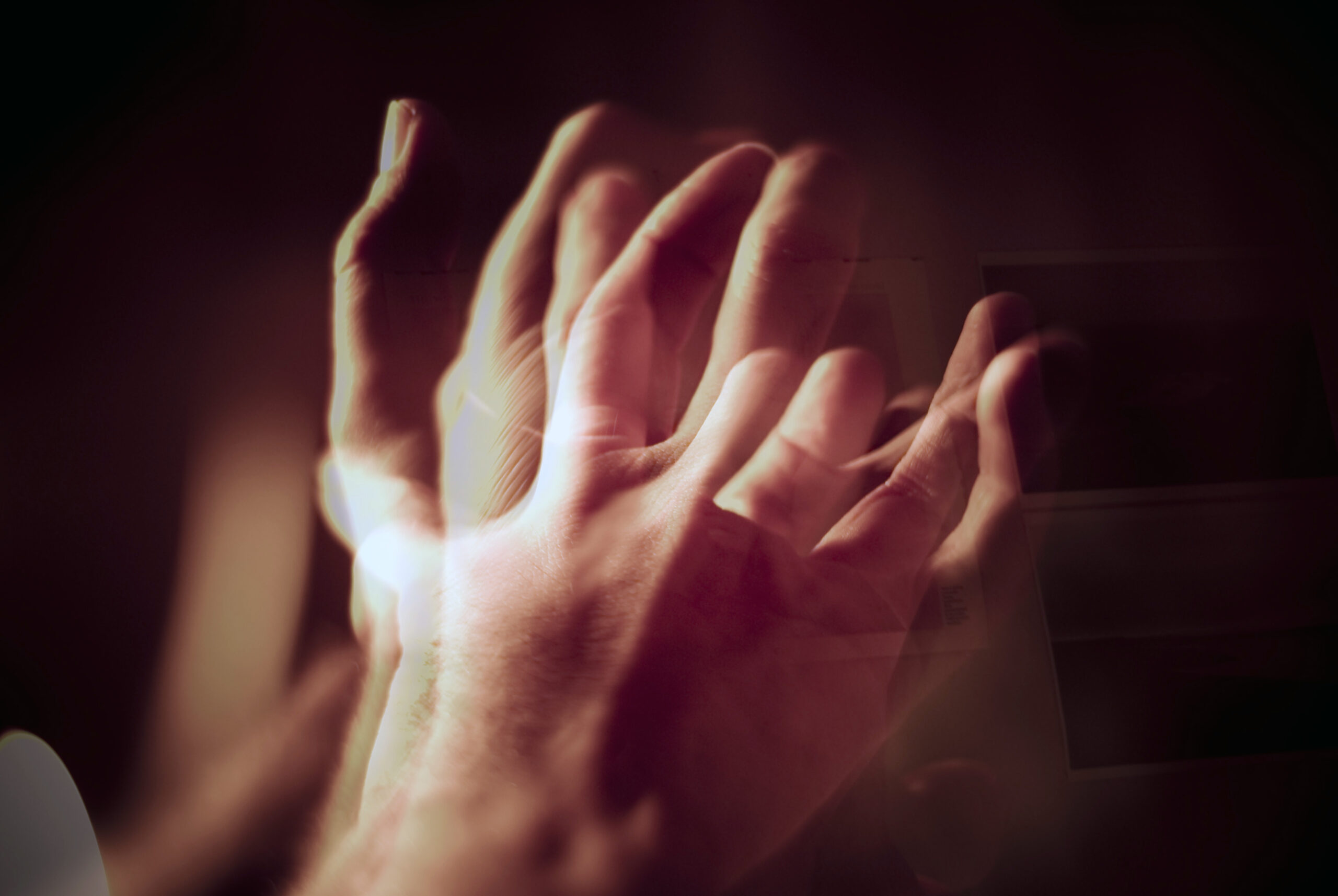I recently turned 35 years old, which feels like a big deal.
That’s the same age Siddhartha Guatama — the ancient spiritual master who inspired Buddhism — became enlightened. He was well on his way to starting a worldwide religion that now has over 500 million followers.
I’ve been wearing sweatpants every day since March. Take that, Siddhartha. One day, I might even make it a whole week without forgetting to floss before bed.
Letting go is the secret to a good life
But here’s the counterintuitive thing about the Buddha’s life. The takeaway isn’t to strive and fight and claw your way to enlightenment, the good life. It’s about letting go. Letting go of our need for things to be different.
We might want things to be different. And we might even have the courage to ask if they can be. But needing life to be different — expecting, demanding, even assuming we’ll get what we can’t have — is a recipe for suffering.
Siddhartha left his palace for the first time when he was 29 years old. His tribal king father had protected him from the cold, hard reality of the outside world.
But the comfort and decadence had begun to irritate him. One morning after a long night of partying, he left without telling anyone, walking into the surrounding slums he’d always ignored.
Thousands, maybe millions of words have since been written about what followed.
Siddhartha stumbled on what are known in Buddhist lore as the “divine messengers.” One was an old man, his body skin and bones. Another, a sick woman vomiting in a ditch. Yet another, a decaying corpse being carried to a funeral. Shocked by these sights, he thought, “How vain to think this won’t happen to me.”
Wanting things to be different causes suffering
He then spotted a monk with a shaved head and simple robe begging for food. As the story goes, this inspired him to begin a spiritual quest to become the Buddha. American Buddhist monk Bhikkhu Bhodi says seeing the monk showed Siddhartha “a path whereby all suffering can be fully transcended.”
But I like to think of the monk as an illusion. Like the palace’s safety and decadent partying, yet another idea of the good life. Yet another fantasy to grasp on to and strive for.
It would take six more years — until he was 35 — for Siddhartha to learn the lesson of letting go.
After seeing the divine messengers, he wandered forests and jungles practicing intense forms of meditation and austere living. Along with other yogis, he tortured his body to try to overcome its desires and needs. He eventually limited his daily diet to a few grains of rice.
“When I touched my belly, I would feel my backbone, and when I went to urinate, I would fall over,” he would later say.
Near death, he realized that starving himself was only causing more suffering. With the help of a peasant woman who nursed him, he recovered and developed the practices and teachings that would soon become known as Buddhism.
Only after letting go did Siddhartha find enlightenment. Holding on, grasping, striving, trying to control — that’s what causes suffering.
“You are either closing or opening.”
I live in a comfortable home in a safe neighborhood. My refrigerator is full of healthy food. I get to do meaningful work for a living. And get this: I floss almost every day.
And yet I still suffer. There’s always someone else who has more than me or does even more meaningful work. Someday, I’ll get sick. And someday, I’ll die.
It’s even more ordinary than that. I suffer anytime things are different than I’d like. When my steak isn’t cooked perfectly. When I have no one to talk to on a Friday night. When the weather isn’t just right.
Actually, suffering is happening right now, as I write this.
“Right now, and in every now-moment, you are either closing or opening,” writes spiritual teacher David Deida.
You are either stressfully waiting for something — more money, security, affection — or you are living from your deep heart, opening as the entire moment, and giving what you most deeply desire to give, without waiting. If you are waiting for anything in order to live and love without holding back, then you suffer.
I’ve been waiting for 35 years. That’s a lot of suffering.
Suffering isn’t the same as pain
By “suffering,” I don’t mean pain. I mean the story I tell myself that only adds to the pain we all experience. The story that things — including myself — should be different than they are.
The, I should be a better writer. I should have a partner and kids by now. I shouldn’t have to wear a mask and stay home. She shouldn’t have said that hurtful thing to me.
And letting go doesn’t mean being a doormat. It’s healthy to set boundaries with people. To communicate your needs and desires. But it’s also healthy to let go of the outcome. To know that you can’t control anyone or anything, really.
That’s the trick. Or “the Middle Way,” as the Buddha called it.
Speak up. Say what you need. Do the best you can. But, remember, you can’t control life. All you can control is how you relate to it.
I’m a writer, meditation teacher, and host of the Meditation for the 99% podcast. My weekly emails will help you bring mindfulness to work, relationships, and politics. Subscribe here.
Download my free ebook on how meditation transformed my life.
Photo by Paul Bence.
